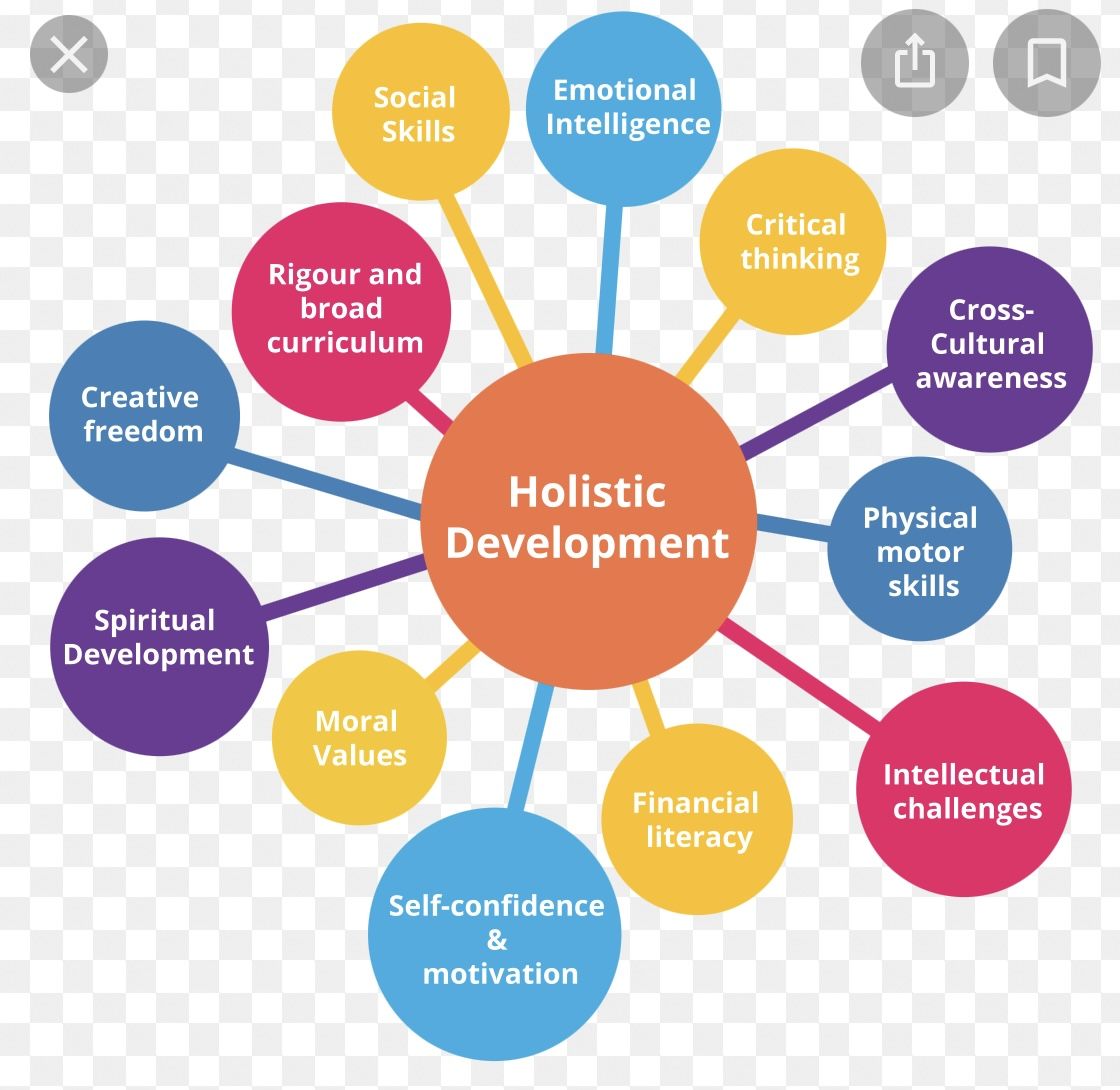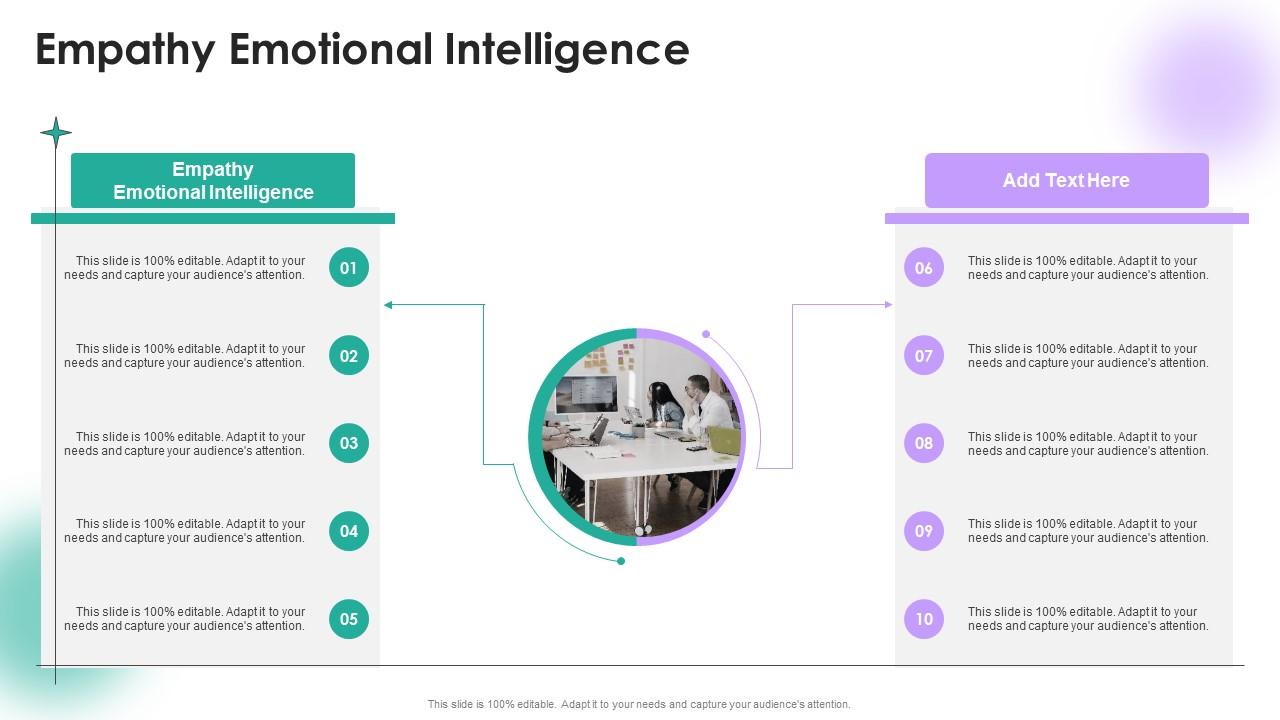Navigating The Challenges Of A Love Monster Child: A Holistic Approach

Table of Contents
Understanding the "Love Monster" Child
Understanding the behaviors and potential underlying causes of a love monster child is the first step towards effective parenting.
Identifying the Behaviors
Love monster children often exhibit several characteristic behaviors:
- Intense need for physical closeness and affection: They may constantly want to be held, cuddled, or physically near their caregivers. This need can be overwhelming for parents.
- Frequent separation anxiety: Leaving the child's side, even for short periods, can trigger significant distress and anxiety. This anxiety can manifest in tantrums, crying, or clinging behaviors.
- Difficulty managing emotions (tantrums, meltdowns): Small frustrations or changes can trigger intense emotional outbursts. These meltdowns can be difficult to manage and leave both the child and parent feeling exhausted.
- Demanding and controlling behaviors: The child may insist on things being done their way, becoming upset if their preferences aren't met. This can extend to controlling the parent's actions and schedule.
- Difficulty with transitions and changes in routine: Any alteration to their established routine can cause significant distress and resistance. Predictability is crucial for these children.
- Intense jealousy or possessiveness: They may exhibit strong negative reactions when attention is directed towards siblings or others. This possessiveness can extend to objects as well.
- Insecurity and low self-esteem (often masked by demanding behavior): The demanding behavior is often a manifestation of underlying insecurity and a desperate need for reassurance and validation.
Potential Underlying Causes
Several factors can contribute to the development of "love monster" behaviors:
- Insecure attachment styles: A child's early experiences with caregivers significantly impact their attachment style. Insecure attachments can lead to increased clinginess and anxiety.
- Temperament and personality traits: Some children are naturally more sensitive, emotionally intense, and needier than others. Understanding their inherent temperament is crucial.
- Past trauma or adverse childhood experiences: Trauma or stressful events can profoundly impact a child's emotional development and lead to clingy behaviors as a coping mechanism.
- Neurological differences: Conditions like sensory processing sensitivities or anxiety disorders can contribute to heightened emotional needs and clinginess.
- Family dynamics and stress: High levels of stress or conflict within the family can exacerbate existing emotional difficulties and increase a child's need for reassurance and closeness.
Understanding the root cause is crucial for effective intervention. Consider professional assessment to rule out underlying conditions.
Setting Healthy Boundaries with a Love Monster Child
Setting healthy boundaries is not about rejecting your child's love; it's about teaching them healthy relationship skills and self-regulation.
Establishing Clear Expectations
- Consistent and predictable routines: A structured daily routine provides security and reduces anxiety.
- Age-appropriate responsibilities and chores: This teaches independence and self-reliance, crucial for emotional growth.
- Defined limits on physical affection (e.g., appropriate touching): While affection is vital, teaching appropriate physical boundaries is essential.
Teaching Emotional Regulation Skills
- Identifying and labeling emotions: Help your child understand and name their feelings. Use picture cards or emotion charts.
- Developing coping mechanisms for anxiety and frustration (deep breathing, mindfulness): Teach them techniques to calm down when feeling overwhelmed.
- Positive reinforcement for appropriate behavior: Reward calm behavior and attempts at self-regulation.
Boundaries are not about rejecting love but about teaching healthy relationships and self-control. Consistency is key.
Seeking Support and Professional Help
Recognizing when to seek professional help is crucial for both the child and the family's well-being.
When to Seek Professional Help
- When behaviors significantly disrupt family life: If the child's behaviors are causing major disruptions to daily routines, family dynamics, and parental well-being.
- When parental coping strategies are ineffective: If you've tried various strategies and still struggle to manage your child's behaviors.
- When the child shows signs of significant emotional distress: If the child exhibits excessive anxiety, depression, or self-harm behaviors.
- When underlying conditions are suspected: If you suspect a neurological condition or other underlying issue contributing to the behaviors.
Types of Professional Help
- Child psychologists and therapists: Specialize in child development and emotional well-being.
- Family therapists: Focus on improving family dynamics and communication.
- Occupational therapists (for sensory processing challenges): Can help address sensory sensitivities that may contribute to emotional difficulties.
Don't hesitate to reach out for support. Professional guidance can provide invaluable tools and strategies. Support groups for parents can also be beneficial.
Self-Care for Parents of Love Monster Children
Parenting a love monster child can be emotionally draining. Prioritizing your own well-being is essential.
Prioritizing Your Well-being
- Recognizing the emotional toll of parenting a "love monster" child: Acknowledge the challenges and allow yourself to feel overwhelmed at times.
- Setting aside time for self-care activities (rest, hobbies, exercise): Make time for activities that rejuvenate you.
- Building a strong support network of family and friends: Lean on your support system for emotional support and practical help.
- Seeking respite care when needed: Consider professional help to give yourself breaks.
Practicing Self-Compassion
- Avoiding self-blame and guilt: Remember that you're doing the best you can.
- Recognizing your own strengths and limitations: Acknowledge your strengths and don't hesitate to seek help when needed.
- Celebrating small victories and progress: Focus on positive changes and achievements, no matter how small.
Parents’ well-being is crucial for the entire family. Burnout is a real risk.
Conclusion
Raising a "love monster" child presents unique challenges, but with understanding, consistent parenting, and appropriate support, families can thrive. By addressing the underlying causes, setting healthy boundaries, teaching emotional regulation skills, and prioritizing self-care, parents can navigate these difficulties and foster a strong and loving relationship with their child. Remember, seeking professional help is a sign of strength, not weakness. If you are struggling to manage the challenges of your love monster child, don't hesitate to seek support and guidance. Learn more about effective strategies for raising a love monster child and find resources to support your family journey.

Featured Posts
-
 Oropedio Evdomos Programma Ekdiloseon Gia Tin Protomagia
May 21, 2025
Oropedio Evdomos Programma Ekdiloseon Gia Tin Protomagia
May 21, 2025 -
 Nyt Mini Crossword Hints April 26 2025
May 21, 2025
Nyt Mini Crossword Hints April 26 2025
May 21, 2025 -
 Love Monster A Parents Guide To Teaching Empathy And Emotional Intelligence
May 21, 2025
Love Monster A Parents Guide To Teaching Empathy And Emotional Intelligence
May 21, 2025 -
 Trinidad Trip Curtailed Dancehall Artists Travel Restrictions And Kartels Message
May 21, 2025
Trinidad Trip Curtailed Dancehall Artists Travel Restrictions And Kartels Message
May 21, 2025 -
 Is This The End For The Abc News Show After Layoffs
May 21, 2025
Is This The End For The Abc News Show After Layoffs
May 21, 2025
